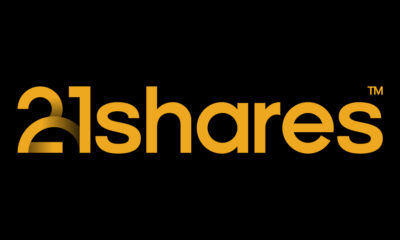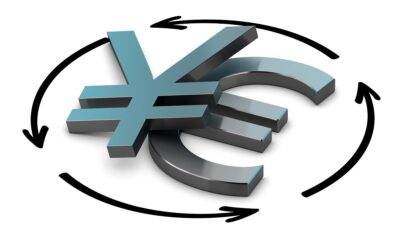Limit to Yen rally after BOJ disappoints. The Japanese Yen rallied over 3% against the US Dollar after the Bank of Japan’s (BOJ) latest policy decision to ‘stay the course’ with its current stimulus stance and nearly 10% ytd. Such a policy decision is refreshing.
It seems that foreign Japanese investors’ and firms are losing faith with the economic management of the country and reacting by hedging foreign exposures against adverse Yen movements With ongoing concerns over inflation and with the Fed beginning its tightening cycle.
Decades of low inflation and weak growth have rendered policymakers ineffective in the eyes of investors and burgeoning local savings have moved offshore in search of better returns. Offshore markets provided returns but the Yen’s safe haven characteristic, a stronger local currency can offset better offshore returns. IMF research asserts that the stronger Yen is likely due to a ‘portfolio rebalancing through derivative positions’, which is to say domestic foreign positions being hedged against adverse Yen movements. Limit to Yen rally after BOJ disappoints
Unconventional policy
Unconventional policy does need to be deployed in Japan and perhaps the key reason is hidden in its December monetary policy statement. The BOJ speaks of the ‘conversion of firms’ and households’ deflationary mindset has been progressing’, which is key to raising inflationary expectations and in turn achieving the inflation target. So the BOJ feels its policy is working and that its move to negative interest rates can assist the ‘progress’.
While the market appears to be losing faith in the BOJ, the central bank appears to be committed to its unconventional policy and wants to see it work its way through the economy given time. Indeed, it was only in January that negative rates were implemented and monetary policy has a lagged impact. Japanese companies clearly hedge their foreign operations, whether that be trade or investment related. It is for this reason that central bank policy needs to be independent of market expectations and shouldn’t be concerned about the day-to-day gyrations of the local currency. The BOJ was right to ignore the market’s expectations for policy. Such a policy decision is refreshing in the light of the US Fed being swayed by market angst and potentially trapping itself in a dangerous policy spiral , which is based on the markets’ view and not fundamentals.
Nonetheless, we expect more stimulus in 2016 to come from the BOJ, and with the Fed tightening, we feel this knee-jerk rally to the latest policy move is limited.
Click to enlarge
Martin Arnold, Global FX & Commodity Strategist at ETF Securities
Martin Arnold joined ETF Securities as a research analyst in 2009 and was promoted to Global FX & Commodity Strategist in 2014. Martin has a wealth of experience in strategy and economics with his most recent role formulating an FX strategy at an independent research consultancy. Martin has a strong background in macroeconomics and financial analysis – gained both at the Reserve Bank of Australia and in the private commercial banking sector – and experience covering a range of asset classes including equities and bonds. Martin holds a Bachelor of Economics from the University of New South Wales (Australia), a Master of Commerce from the University of Wollongong (Australia) and attained a Graduate Diploma of Applied Finance and Investment from the Securities Institute of Australia.

 Nyheter4 veckor sedan
Nyheter4 veckor sedan
 Nyheter3 veckor sedan
Nyheter3 veckor sedan
 Nyheter3 veckor sedan
Nyheter3 veckor sedan
 Nyheter3 veckor sedan
Nyheter3 veckor sedan
 Nyheter3 veckor sedan
Nyheter3 veckor sedan
 Nyheter2 veckor sedan
Nyheter2 veckor sedan
 Nyheter3 veckor sedan
Nyheter3 veckor sedan
 Nyheter2 veckor sedan
Nyheter2 veckor sedan























